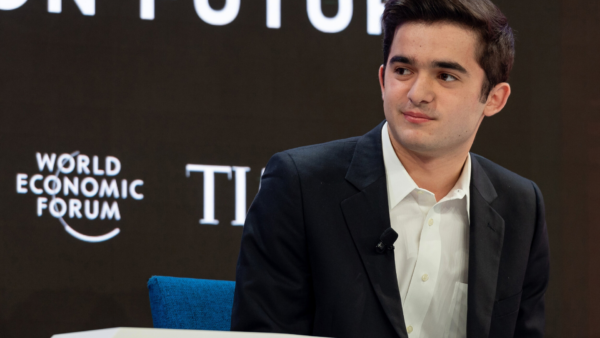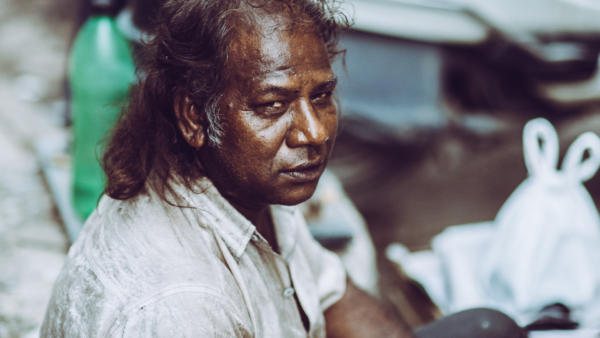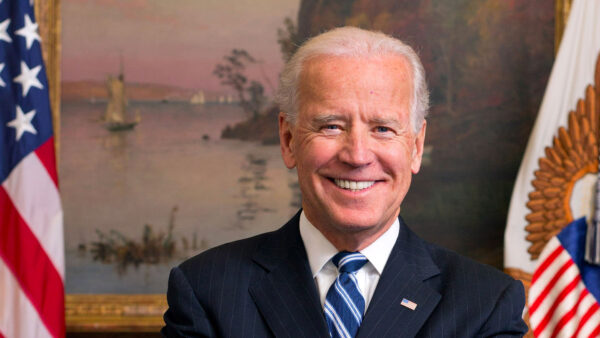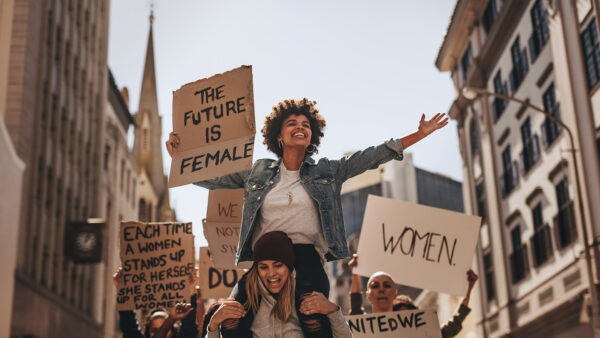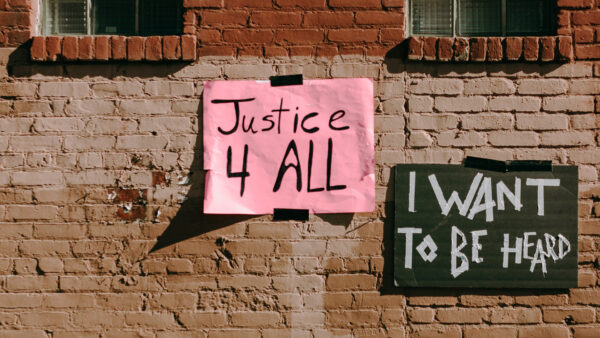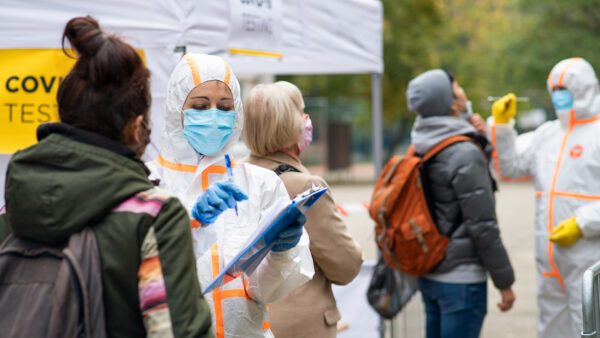Hit TV show Line of Duty addresses systematic racism
One of the biggest TV dramas in the UK, Line of Duty, has been addressing the ongoing issue of systematic racism within the police force in Season Six with its ground-breaking ‘Lawrence Christopher’ case.
With the programme famed for spotlighting many different issues such as sexuality and crooked police officers, the series has now opted to tackle a longstanding problem, which has rose in importance in recent years, police racism. This has long been at the forefront of public concern, particularly during the 1993 Stephen Lawrence murder case in London and the 2020 death of George Floyd in the US.
Line of Duty has now turned its attentions to the fictional character Christopher Lawrence, bearing a strong link to the Stephen Lawrence and Christopher Adler cases, who was a young Black man who had been attacked by a gang of white youths who died of his injuries later that night, while in police custody. The police officers in the story were cleared of misconduct but DC Chloe Bishop (Shalom Brune-Franklin) is determined to investigate this case further.
What is found is that Christopher, an architect who had never been in trouble with the law and certainly didn’t have any gang affiliations, was expected to be an active participant in crime rather than a victim because he was black. This saw his family refuse to accept the injustice and following their complaints.
What is unveiled is the realism of systematic racism within the police force and the corruption which exists within it. The series has won praise for raising awareness on the issue which has timely relevance to the present day, especially in the wake of the Black Lives Matter movement.
One of the endearing qualities of entertainment is its ability to resonate and address issues that is not possible any other way. This is particularly successful in soap operas and drama shows such as Line of Duty. Although racism is often a popular subject of focus, it has been rarely done in this manner and the programme is one of the first to spotlight it in such a raw and explicit way.
With the power the programme can have over its audience, this could be crucial in helping to achieve the Sustainable Development Goal (SDG) 11 (Reducing Inequalities) and SDG 16 (Peace, Justice and Strong Institutions). By raising awareness to a mass audience, its potential to change opinions and spark action can be pivotal to achieve the world we want by 2030.


